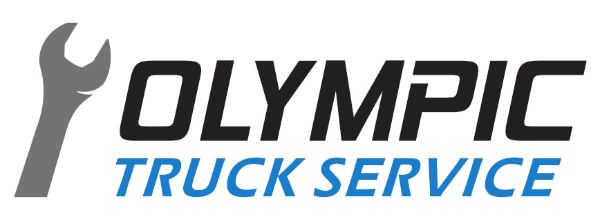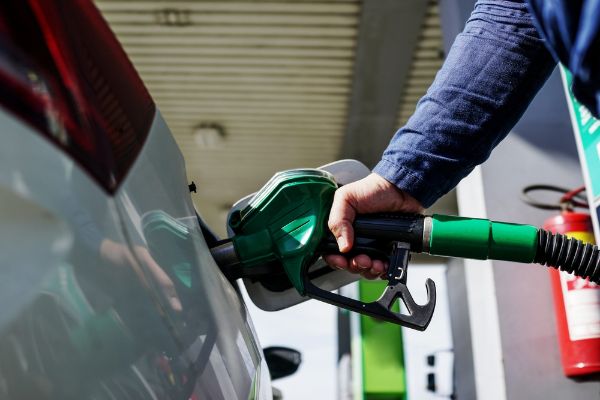Fleet fuel management is a critical component for businesses that rely on multiple vehicles to operate efficiently. Managing fuel consumption not only directly impacts the company’s bottom line but also helps reduce the environmental footprint of the fleet. In the face of rising fuel costs, optimizing fuel efficiency has become more important than ever. One of the most effective ways to manage fuel costs is by regularly scheduling engine tune-ups for every vehicle in your fleet.
How Engine Tune-Ups Improve Fuel Efficiency
Engine tune-ups are essential to maintaining the health of your fleet vehicles. Over time, various components of the engine can become worn or dirty, which can lead to decreased fuel efficiency. Regular engine tune-ups ensure that spark plugs, filters, and other critical parts are functioning correctly. A well-maintained engine burns fuel more efficiently, meaning less fuel is wasted. This leads to lower fuel consumption, translating into substantial savings across an entire fleet. In addition, keeping the engine in peak condition reduces the risk of more expensive repairs down the line, further enhancing cost efficiency.
The Long-Term Benefits of Regular Maintenance
Beyond immediate fuel savings, regular engine tune-ups offer significant long-term benefits. By maintaining the efficiency of each vehicle, businesses can extend the lifespan of their fleet, delaying the need for costly replacements. Additionally, well-maintained engines produce fewer emissions, which is increasingly important as environmental regulations become stricter. By committing to regular engine tune-ups, fleet managers can ensure that their vehicles not only operate more efficiently but also meet environmental standards. This proactive approach to fleet maintenance can also improve the resale value of vehicles when they are eventually replaced.
Best Practices for Scheduling Engine Tune-Ups
Establishing a consistent schedule for engine tune-ups is crucial for maximizing fuel efficiency. Fleet managers should work closely with their repair shop, Olympic Truck, to develop a maintenance plan tailored to the specific needs of their vehicles. This plan should take into account the age, mileage, and operating conditions of each vehicle. Regularly scheduled tune-ups in Tumwater will keep the engine components in top condition, helping to avoid the gradual decline in fuel efficiency that can occur over time. By integrating tune-ups into the overall fleet maintenance strategy, businesses can achieve more predictable fuel costs and improve the reliability of their fleet.
The Role of Diagnostics in Fleet Fuel Efficiency
Advanced diagnostics play a crucial role in identifying potential issues before they become major problems, directly impacting fuel efficiency. Modern vehicles are equipped with onboard diagnostic systems that can detect subtle changes in engine performance, emissions, and fuel consumption. By regularly utilizing diagnostic tools during engine tune-ups, fleet managers can catch inefficiencies early, allowing for timely repairs or adjustments. This proactive approach ensures that each vehicle in the fleet operates at peak efficiency, further reducing fuel costs and minimizing unexpected downtime due to engine-related issues.


